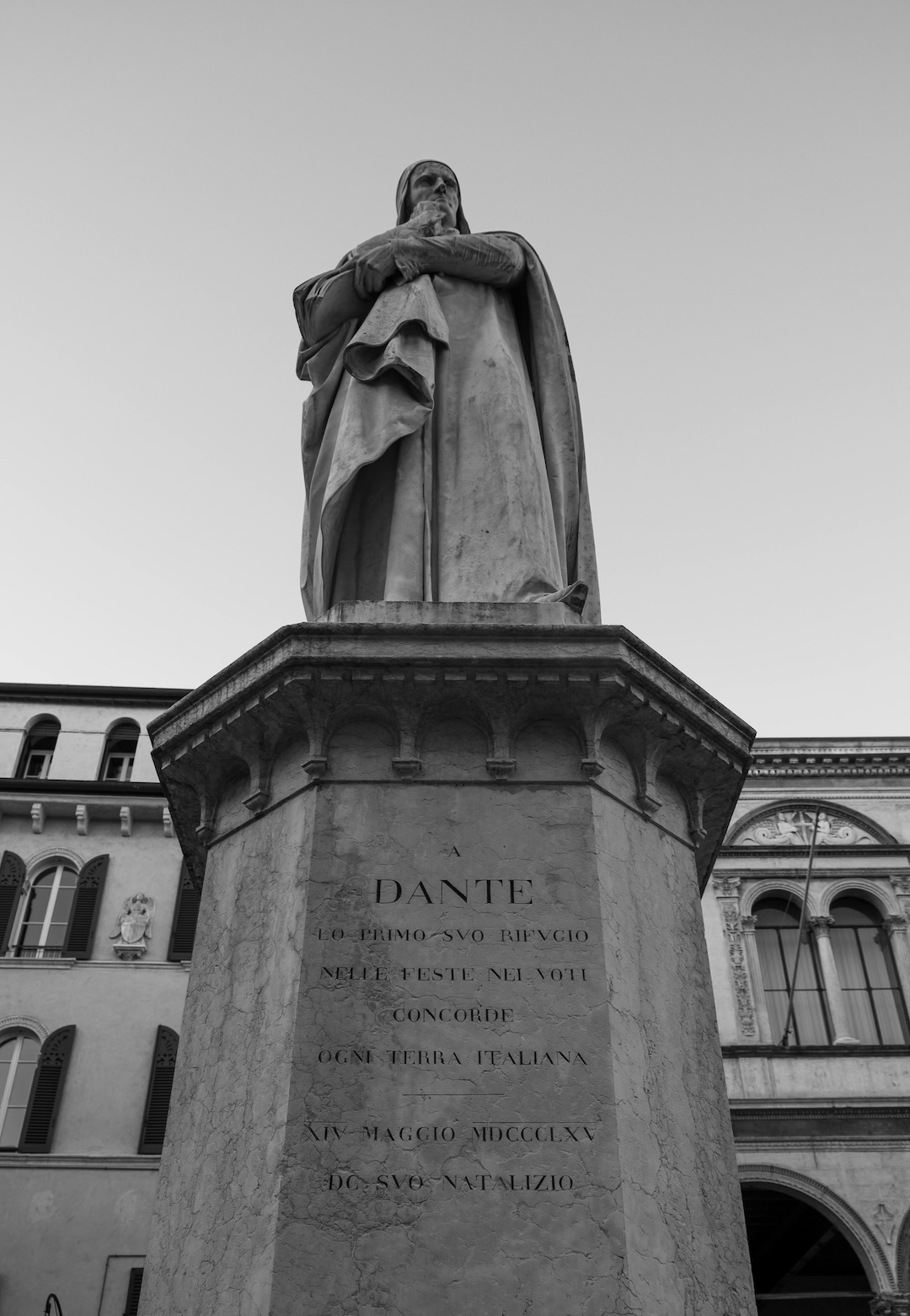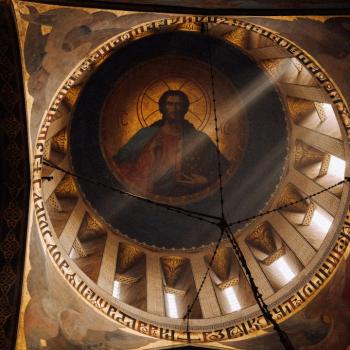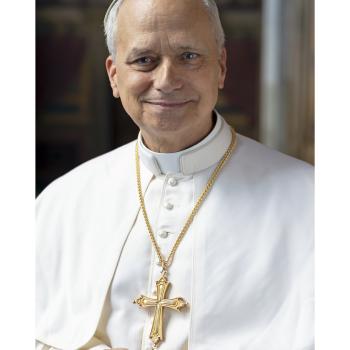How should we look at purgatory? Is purgatory a temporary hell, or is it a mediaeval myth? Do Catholics even still believe in purgatory?
Yes, Catholics do indeed still believe in purgatory. The Catechism of the Catholic Church explains it as follows:
All who die in God’s grace and friendship, but still imperfectly purified, are indeed assured of their eternal salvation; but after death they undergo purification, so as to achieve the holiness necessary to enter the joy of heaven (Catechism of the Catholic Church, 1030).
Some Confusion About Purgatory
There can be two extreme understandings of Purgatory, both based in some statements of the saints and other Christian writers. Some authors present Purgatory as a place of intense suffering, with a huge focus on the temporal aspect. So, you might still find old prayer cards that offer a partial indulgence of a specific number of days or even hours. The current Enchiridion Indulgentiarum presents indulgences a different way: either plenary or partial, but without a specific time attached.
Other authors write off Purgatory as an old teaching that has already served its purpose. Some of them may be confused because the International Theological Commission published in 2007 The Hope of Salvation For Infants Who Die Without Being Baptized that clarified that limbo is not an official doctrine of the church. However, Purgatory, a place of purification after death before entering Heaven, is not to be confused with limbo, a mediaeval theological proposition for those souls who die without baptism and without sin. Limbo is a theological construct purposed to reconcile death without baptism and an abhorrence of punishing the innocent. On the other hand, Purgatory shows that our decisions in this life matter.
What We Do In This Life Matters
When the Church talks about our definitive decisions, we talk about the Four Last Things: Death, Judgment, Heaven, and Hell. Heaven is the place we are created for so that we can be happy with God forever. Hell is the place of condemnation for those who freely choose to reject God through their actions in this life. That seems clear enough, since once we die we cannot change our actions on earth. Our life’s choices become definitive.
With death, our life-choice becomes definitive—our life stands before the judge. Our choice, which in the course of an entire life takes on a certain shape, can have a variety of forms. There can be people who have totally destroyed their desire for truth and readiness to love, people for whom everything has become a lie, people who have lived for hatred and have suppressed all love within themselves. This is a terrifying thought, but alarming profiles of this type can be seen in certain figures of our own history (Pope Benedict XVI, Spe Salvi, 45).
In a way, the doctrine of purgatory encourages us to make sure that our actions are purposeful and our life possesses true meaning. If we were simply admitted to Heaven regardless of our life choices, what value would they possess?
How To Look at Purgatory
I think it is important to look at Purgatory with a tremendous amount of hope. It is a reality that most of us will die in such a state that while we have attempted to love God but have done so imperfectly and with many attachments to sin remaining—in other words, not yet ready for Heaven and the full beatific vision.
I think of it like arriving to a fancy restaurant and seeing everybody in formal wear while you are wearing a t-shirt and jeans. Wouldn’t you feel the need to change, to accommodate yourself to the dress code and what everyone else is doing? When we get to Heaven, which is a marvelous place, we will feel the need to be worthy of so much love and grace. And if we recognize that we are still imperfect, we will beg God to take away from us our imperfections. Along these lines, I am impressed with the poet Dante’s portrayal of Purgatory in his Divine Comedy.
For Dante, Purgatory is not only a place where you pay the debts you incurred when you sinned: it is in fact the place where you reflect on those sins, and where you change the psychological tendencies which led you to sin. (University of Leeds, Discover Dante).

A Different Focus for Purgatory
What I like about this vision is that rather than focusing on paying a debt, it focuses on getting ready. We could never pay the debt for our sins and imperfections: that is why Jesus did so on the Cross. Nevertheless, we can and should want to be purified before passing through the gates of Heaven. We must recognize our imperfections and want to be free of them to spend eternity in heavenly bliss.
To come to know God—the true God—means to receive hope. We who have always lived with the Christian concept of God, and have grown accustomed to it, have almost ceased to notice that we possess the hope that ensues from a real encounter with this God (Pope Benedict XVI, Spe Salvi, 3).
Often, we look at Purgatory the wrong way. Purgatory needs to be explored from a standpoint of hope and of wanting to possess God entirely and to be wholly possessed by him. Otherwise, we will get stuck on materialistic visions of a painful and lengthy prison sentence we must endure as a prelude to heavenly bliss. Rather, purgatory should rightly be treated as the dressing room before entering into the glories of Heaven that shall last forever.
Subscribe to the newsletter to never miss an article.













